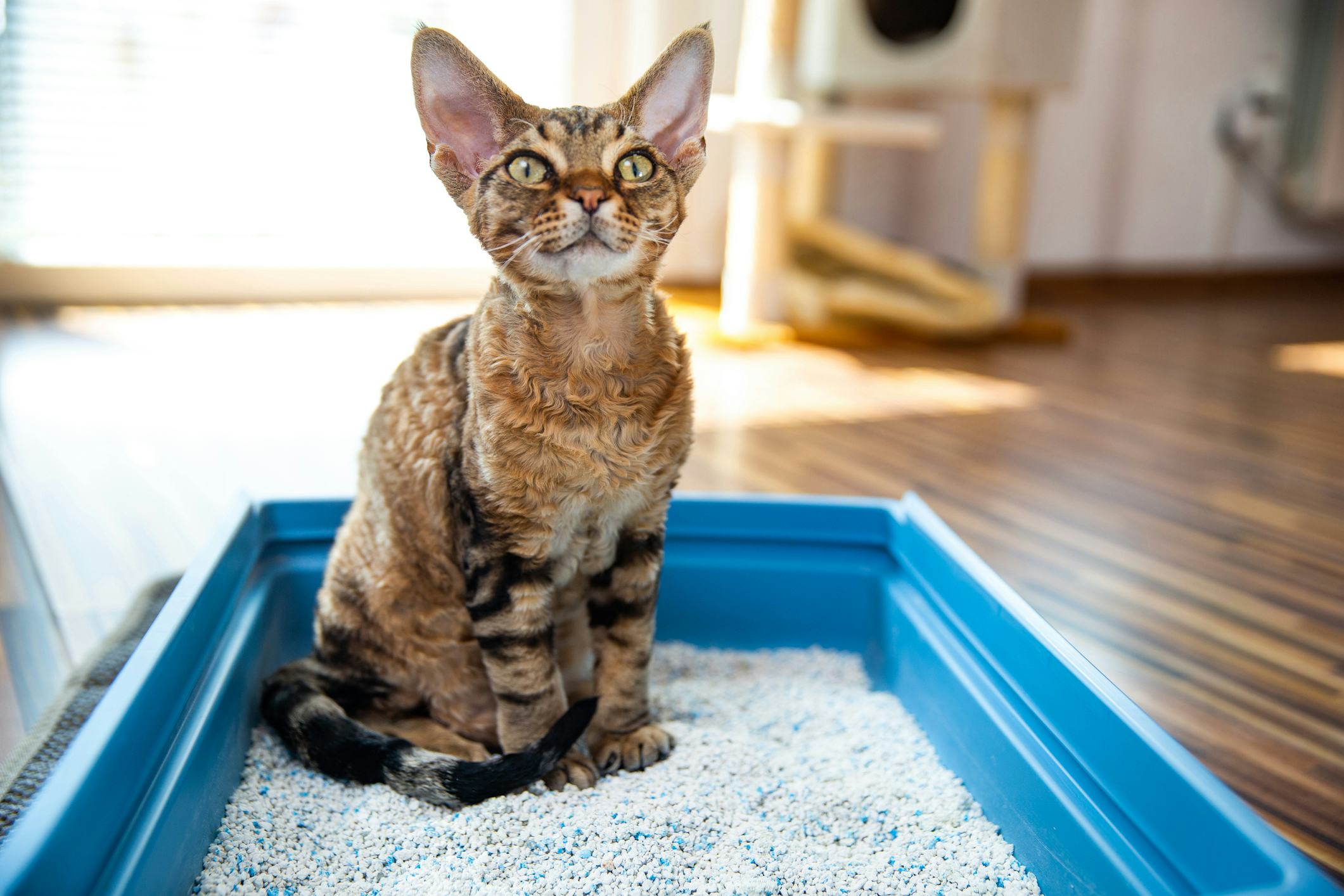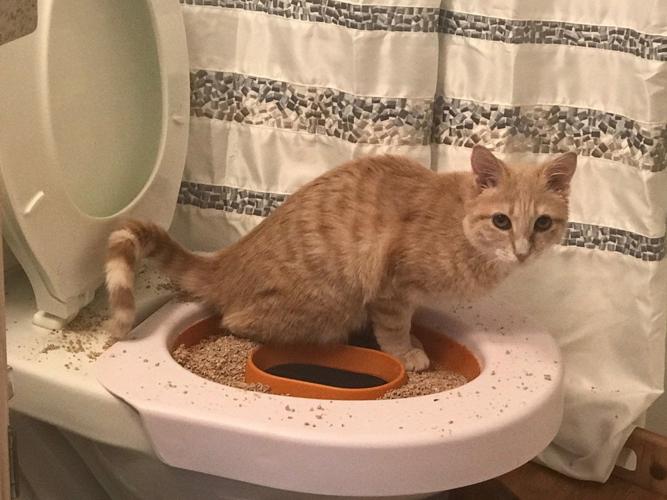Why Flushing Cat Poop Down Your Toilet Is Harmful - Tips for Correct Disposal
Why Flushing Cat Poop Down Your Toilet Is Harmful - Tips for Correct Disposal
Blog Article
Just about everyone may have their own individual perception involving Don’t flush cat feces down the toilet.

Introduction
As cat owners, it's important to bear in mind exactly how we throw away our feline friends' waste. While it may seem practical to flush feline poop down the bathroom, this method can have damaging effects for both the environment and human health and wellness.
Environmental Impact
Flushing pet cat poop presents unsafe pathogens and parasites into the supply of water, presenting a considerable risk to marine ecological communities. These pollutants can adversely influence marine life and concession water high quality.
Health and wellness Risks
Along with ecological concerns, flushing pet cat waste can additionally present wellness risks to humans. Cat feces may include Toxoplasma gondii, a parasite that can cause toxoplasmosis-- a possibly severe illness, especially for expectant women and people with damaged immune systems.
Alternatives to Flushing
Thankfully, there are much safer and extra liable means to deal with pet cat poop. Consider the adhering to options:
1. Scoop and Dispose in Trash
One of the most typical method of dealing with cat poop is to scoop it right into a naturally degradable bag and toss it in the trash. Be sure to use a committed litter inside story and dispose of the waste quickly.
2. Usage Biodegradable Litter
Select naturally degradable feline trash made from products such as corn or wheat. These litters are environmentally friendly and can be safely thrown away in the garbage.
3. Hide in the Yard
If you have a yard, consider burying feline waste in an assigned area far from veggie yards and water sources. Make sure to dig deep adequate to stop contamination of groundwater.
4. Mount a Pet Waste Disposal System
Invest in an animal waste disposal system particularly made for pet cat waste. These systems use enzymes to break down the waste, minimizing odor and environmental impact.
Final thought
Accountable pet dog ownership extends past providing food and sanctuary-- it likewise entails appropriate waste management. By refraining from purging cat poop down the commode and opting for different disposal techniques, we can reduce our ecological footprint and safeguard human wellness.
Why You Should Never Flush Cat Poop Down the Toilet
A rose by any other name might smell as sweet, but not all poop is created equal. Toilets, and our sewage systems, are designed for human excrement, not animal waste. It might seem like it couldn’t hurt to toss cat feces into the loo, but it’s not a good idea to flush cat poop in the toilet.
First and foremost, assuming your cat uses a litter box, any waste is going to have litter on it. And even the smallest amount of litter can wreak havoc on plumbing.
Over time, small amounts build up, filling up your septic system. Most litter sold today is clumping; it is made from a type of clay that hardens when it gets wet. Ever tried to scrape old clumps from the bottom of a litter box? You know just how cement-hard it can get!
Now imagine just a small clump of that stuck in your pipes. A simple de-clogger like Drano isn’t going to cut it. And that means it’s going to cost you big time to fix it.
Parasitic Contamination
Believe it or not, your healthy kitty may be harboring a nasty parasite. Only cats excrete Toxoplasma in their feces. Yet it rarely causes serious health issues in the cats that are infected. Most people will be fine too if infected. Only pregnant women and people with compromised immune systems are at risk. (If you’ve ever heard how women who are expecting are excused from litter cleaning duty, Toxoplasma is why.)
But other animals may have a problem if infected with the parasite. And human water treatment systems aren’t designed to handle it. As a result, the systems don’t remove the parasite before discharging wastewater into local waterways. Fish, shellfish, and other marine life — otters in particular — are susceptible to toxoplasma. If exposed, most will end up with brain damage and many will die.
Depending on the species of fish, they may end up on someone’s fish hook and, ultimately on someone’s dinner plate. If that someone has a chronic illness, they’re at risk.
Skip the Toilet Training
We know there are folks out there who like to toilet train their cats. And we give them props, it takes a lot of work. But thanks to the toxoplasma, it’s not a good idea.

We were introduced to that editorial about Don’t flush cat feces down the toilet through an associate on our other web address. Loved our piece of writing? Please share it. Help other people locate it. Thanks a lot for your time. Come back soon.
Click On This Link Report this page